In today’s rapidly evolving business landscape, organizations are constantly seeking innovative ways to enhance employee engagement and retention. One of the most promising tools at their disposal is Artificial Intelligence (AI). AI is revolutionizing the field of Human Resources (HR) by providing data-driven insights and automating routine tasks, ultimately leading to a more engaged and satisfied workforce. In this blog post, we will explore the impact of AI on HR and how it can help improve employee engagement and retention.
Harnessing the Power of AI for Talent Acquisition
Talent acquisition is the first step in building a high-performing team. AI can significantly streamline this process by analyzing resumes, conducting initial screenings, and identifying the most suitable candidates. Machine learning algorithms can assess candidates’ qualifications and match them with the job requirements more effectively than traditional methods. This not only saves HR professionals valuable time but also ensures a higher quality of hire, increasing the chances of long-term employee retention.
Personalizing Learning and Development
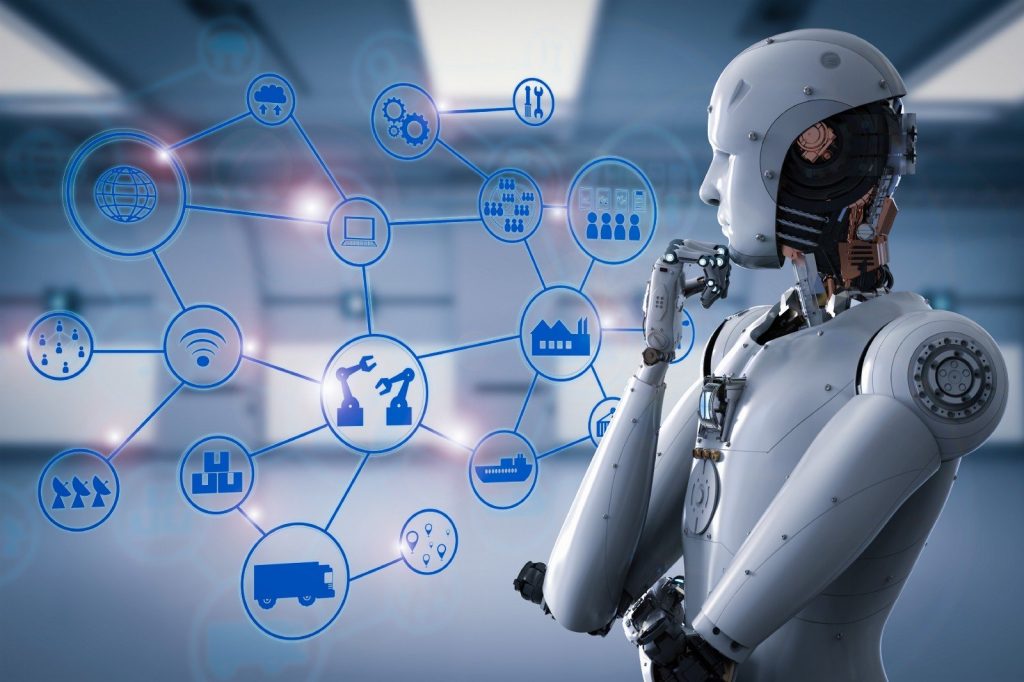
Employee engagement often hinges on the opportunities for growth and development within an organization. AI-driven learning platforms can create personalized training programs tailored to each employee’s needs and career goals. By analyzing an employee’s performance and preferences, AI can recommend relevant courses, seminars, or workshops. This not only enhances employee skills but also demonstrates the company’s commitment to their professional development, which can boost engagement and loyalty.
Predictive Analytics for Employee Retention
Predictive analytics powered by AI can play a pivotal role in identifying employees at risk of leaving the organization. By analyzing historical data and various factors like job satisfaction, workload, and interactions with colleagues, AI algorithms can pinpoint potential attrition triggers. HR departments can then take proactive measures, such as addressing workplace issues or offering retention incentives, to retain valuable talent.
Enhancing the Employee Experience
AI-powered chatbots and virtual assistants are becoming increasingly common in HR departments. These tools provide employees with instant access to information and support, improving their overall experience within the organization. Employees can quickly get answers to common HR-related questions, request time off, or receive guidance on benefits and policies. This seamless accessibility contributes to a more positive work environment and, consequently, higher employee engagement.
Analyzing Employee Sentiment
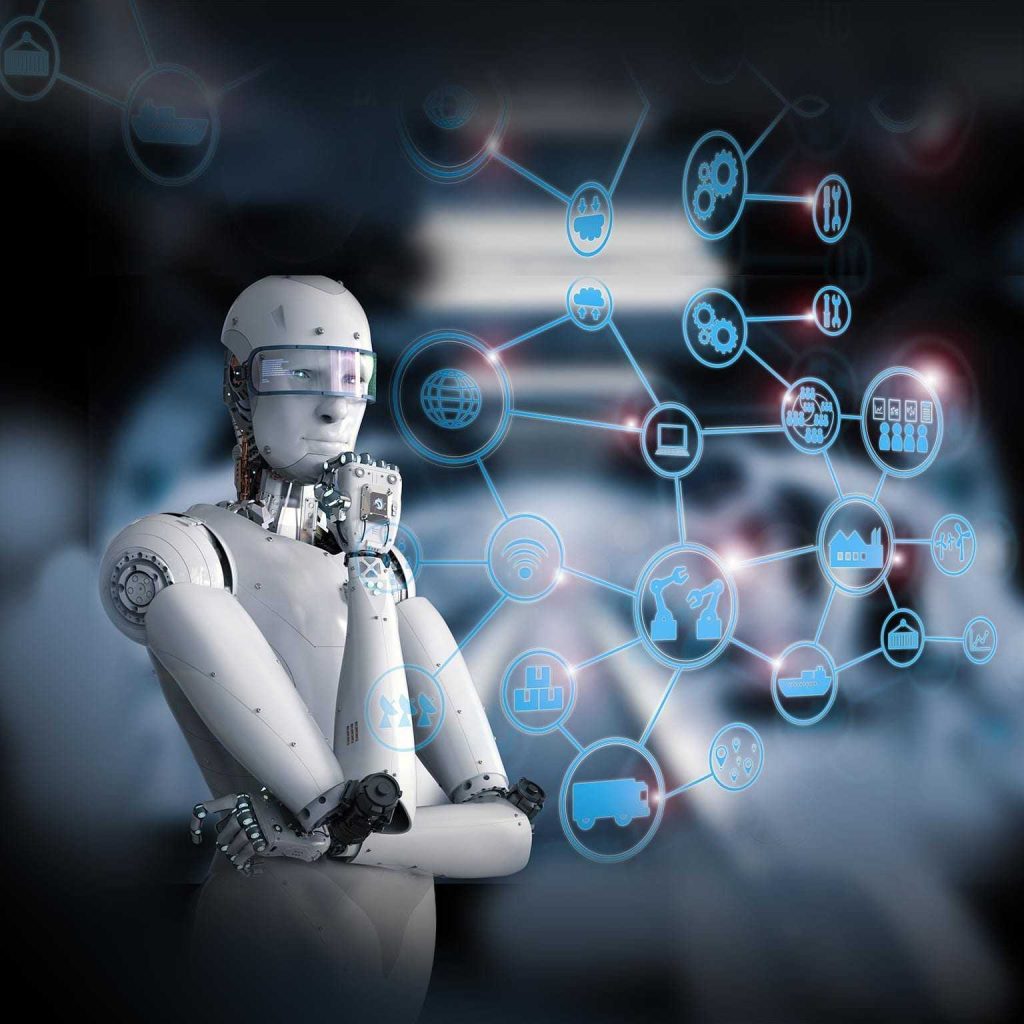
Understanding employee sentiment is crucial for HR professionals aiming to improve engagement and retention. AI can analyze employee feedback from various sources, including surveys, emails, and social media, to gauge sentiment trends and identify areas of concern. This data-driven approach enables HR teams to address issues proactively and make data-backed decisions to enhance the workplace environment.
The Ethical Considerations
While AI holds enormous potential in HR, it also raises ethical considerations. Privacy concerns, bias in algorithms, and the potential for job displacement are critical issues that organizations must navigate when implementing AI in HR. It is crucial to strike a balance between leveraging AI for its benefits while ensuring that ethical standards and regulations are upheld.
The Future of AI in HR
As technology continues to advance, the role of AI in HR will continue to evolve. From predictive analytics to chatbots and virtual reality simulations for onboarding, the possibilities are vast. Organizations that embrace AI in HR strategically are likely to gain a competitive edge in attracting and retaining top talent. In conclusion, AI is transforming the field of Human Resources, offering innovative solutions to improve employee engagement and retention. By streamlining talent acquisition, personalizing learning and development, leveraging predictive analytics, enhancing the employee experience, and analyzing employee sentiment, AI empowers HR professionals to create a more engaged and satisfied workforce. However, it is essential to tread carefully, considering the ethical implications and ensuring that AI implementations align with the organization’s values and goals. As AI in HR continues to evolve, organizations that harness its potential are poised for success in the ever-competitive world of talent management.
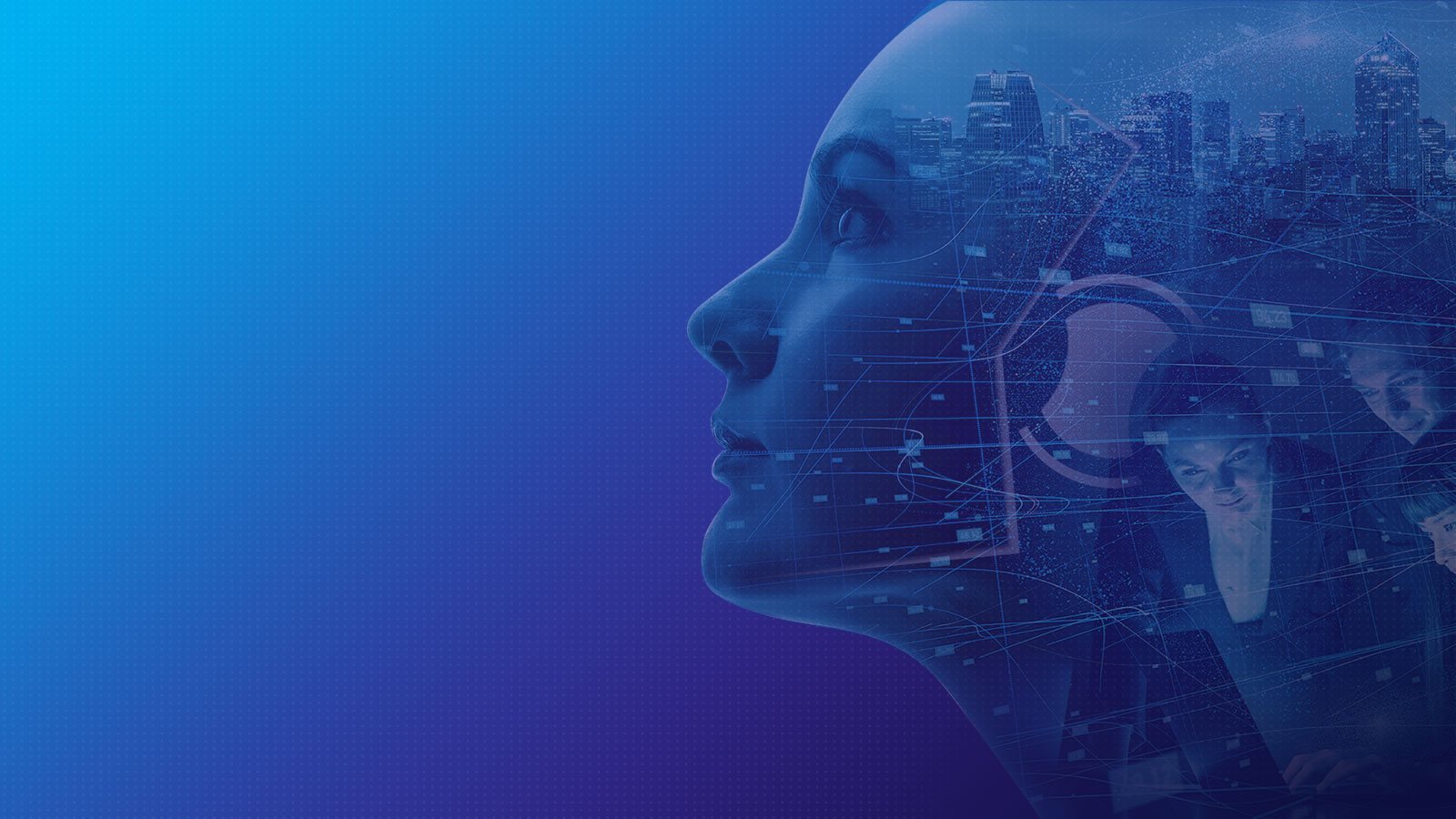
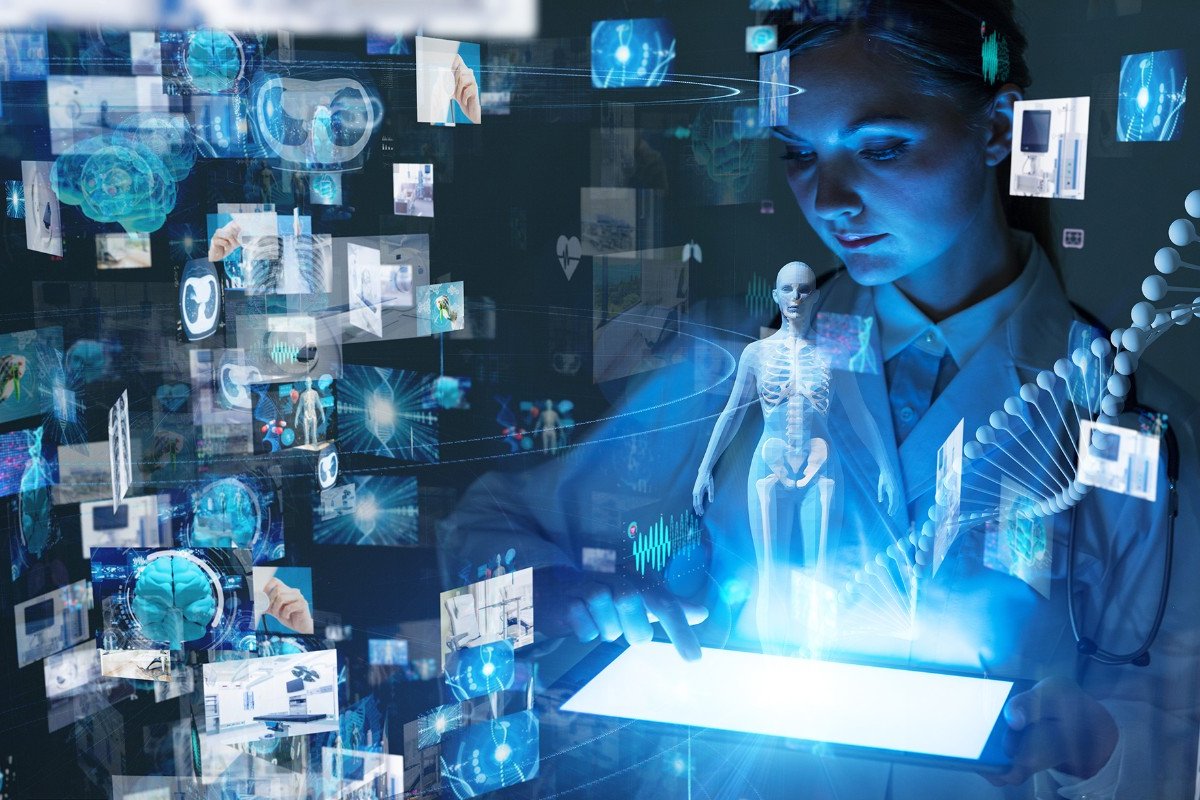
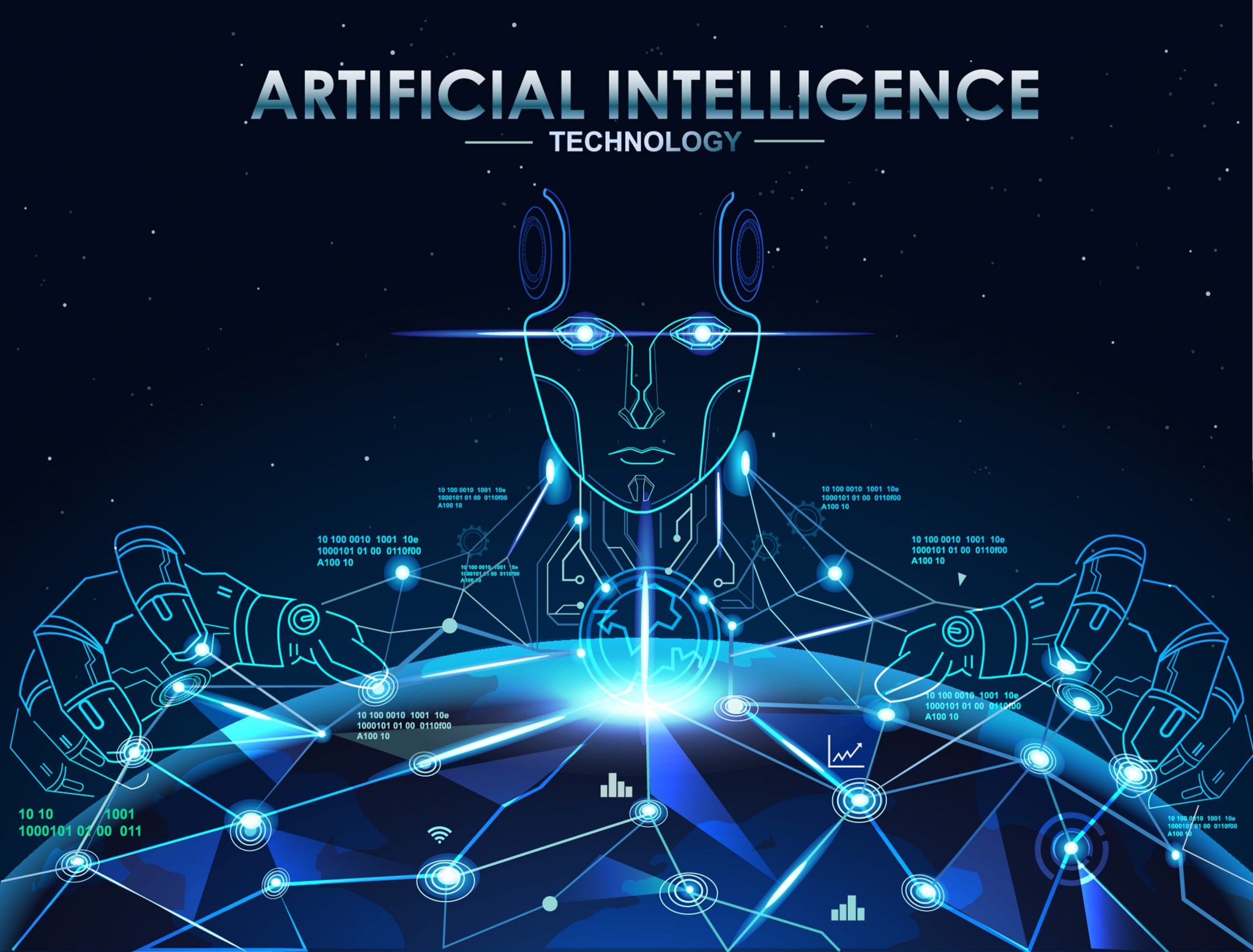
Leave a Reply